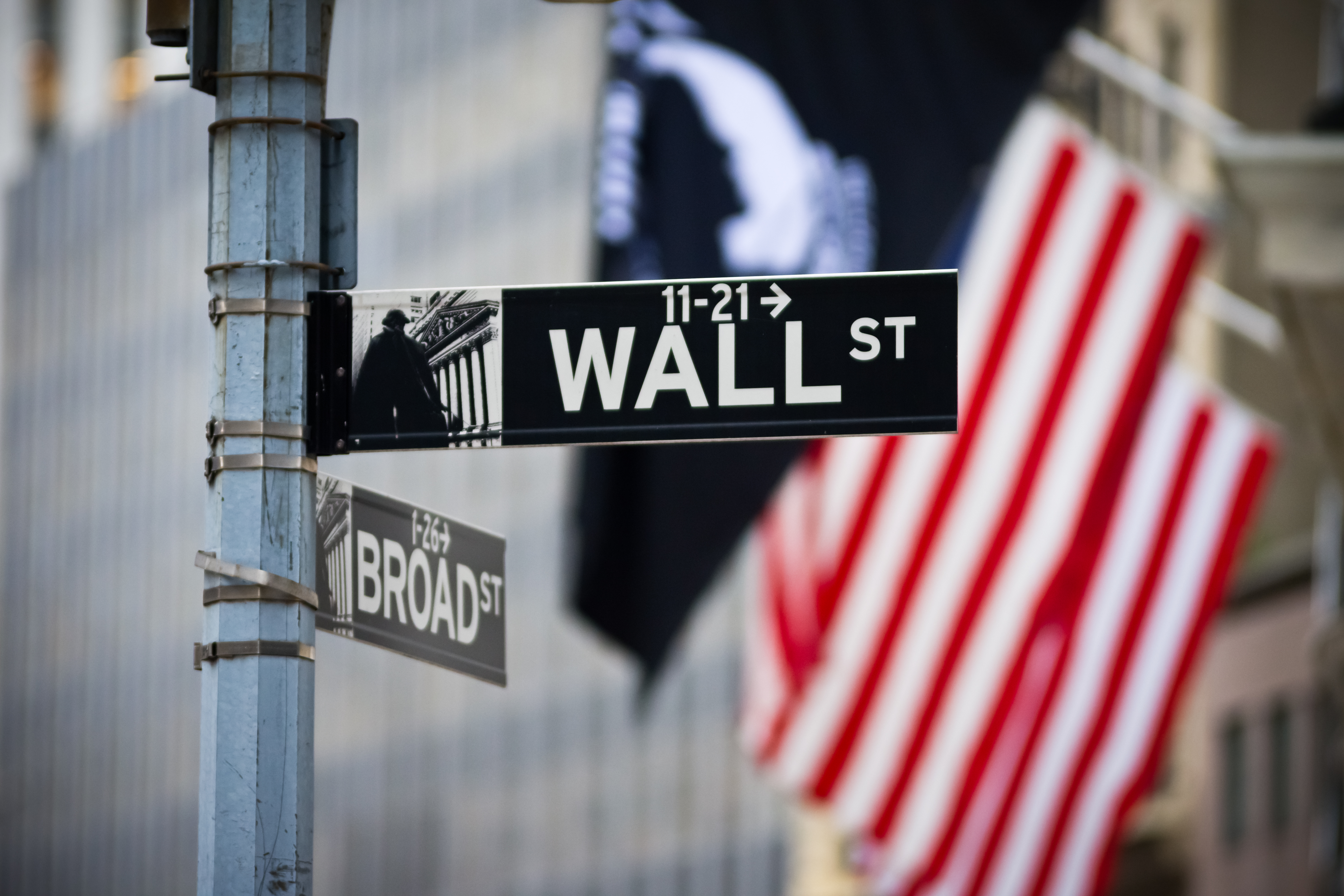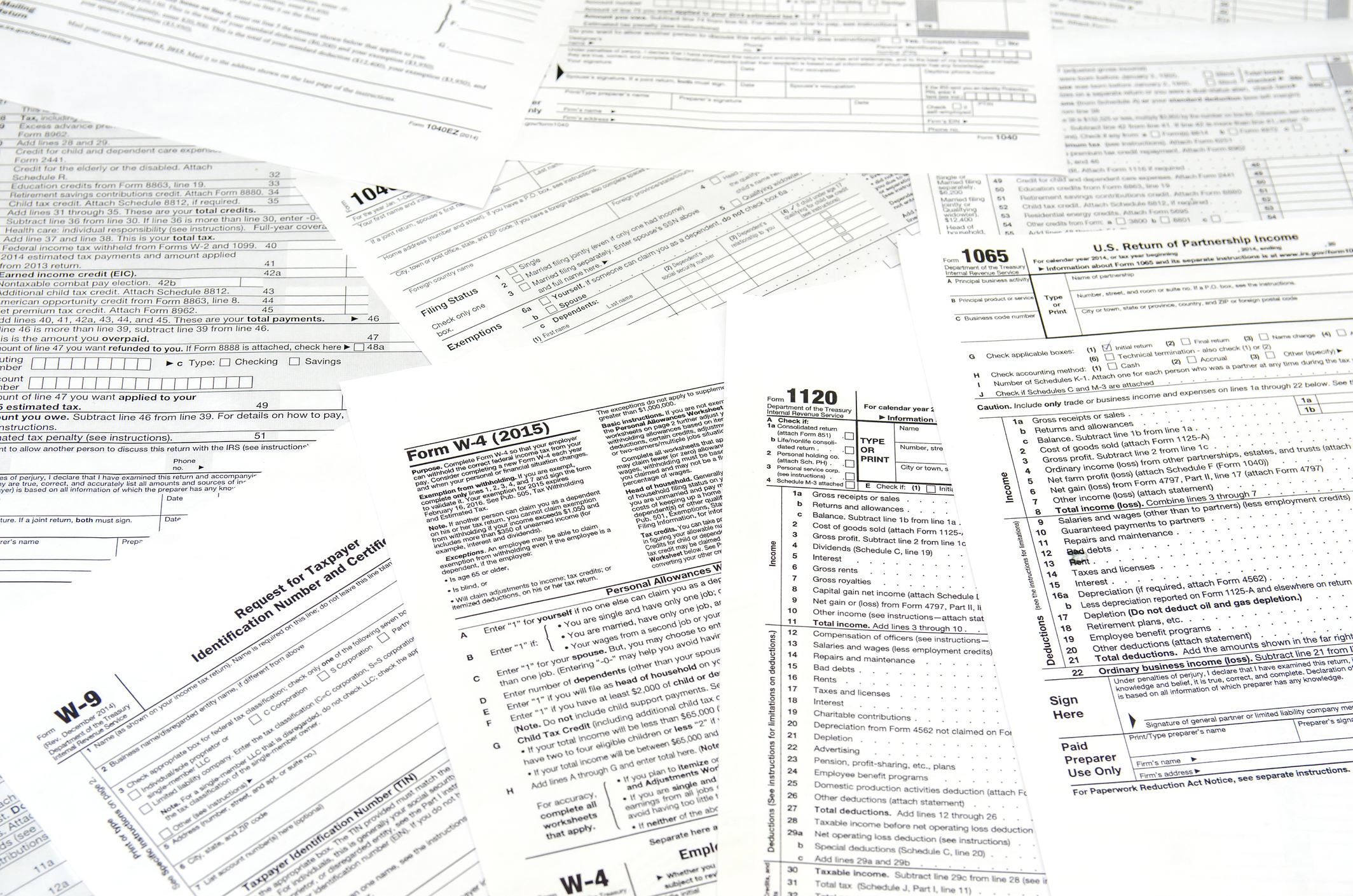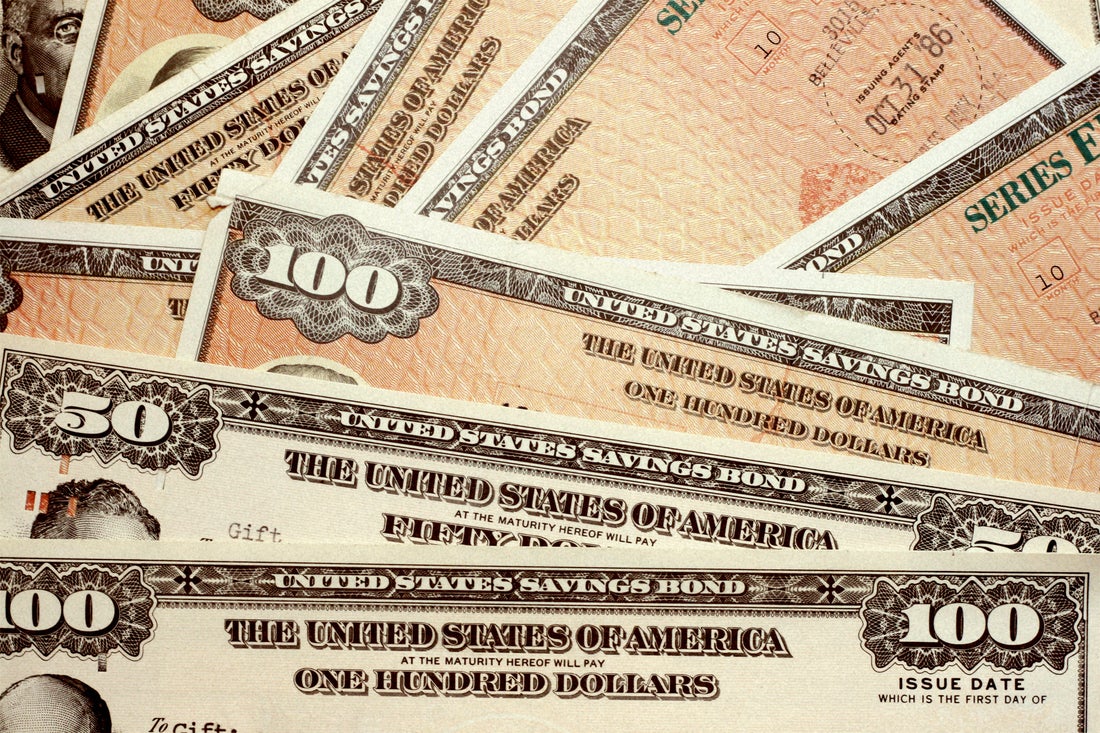Wall Street is much more than the name of a street in Lower Manhattan, New York -- home to the New York Stock Exchange. It represents an entire industry. Much like Hollywood represents the entertainment industry, and Silicon Valley stands in for the tech sector, Wall Street is synonymous with the financial markets and related financial securities industry.

What does Wall Street mean?
Wall Street derives its name from the location of the New York Stock Exchange, which is at the corner of Wall Street and Broad Street in New York City. Over the years, the Wall Street name has become synonymous with the stock market and other financial securities markets.
For example, if someone says they work on Wall Street, they don't necessarily work on the actual street. It means they work in financial markets as a trader, stock broker, investment banker, or another similar job.
Wall Street is often used in contrast to Main Street, which refers to the backbone of the American economy -- independent businesses operated by ordinary, hardworking Americans, a separate part of the economy.
Why is Wall Street important?
As an industry, Wall Street is significant and highly influential. The financial securities industry holds trillions of dollars in assets on its balance sheets, which means the industry's health is necessary for the domestic economy to function.
The 2007-2009 financial crisis was caused, in part, by Wall Street bankers making bad bets on the housing market. Many of their banks had to be bailed out by the government or bought out by larger banks. Since then, tighter rules on capital requirements have been implemented to prevent another crisis.
Wall Street wields a lot of influence over the economy since bankers and financiers circulate capital and, to some degree, choose which businesses are funded and how much it will cost them to get that funding. Although the free market helps level the playing field, Wall Street often acts as a gatekeeper when a business wants to go public through an initial public offering (IPO), raise money through debt or equity, or acquire another company.
Wall Street also has a lot of influence over publicly traded companies through stock ratings. For example, a "sell" rating from Wall Street -- especially on a high-profile investment bank like Goldman Sachs (GS -0.10%) -- can make a stock fall significantly. Similarly, approval from Wall Street can help push a stock price here.
The finance and insurance industry now accounts for close to 10% of U.S. gross domestic product (GDP), and the number has steadily grown during the postwar era.
What are some criticisms of Wall Street?
Like most powerful institutions, Wall Street is no stranger to criticism, especially in the wake of the Great Recession. Among the most salient critiques of the financial securities industry is that it encourages short-termism, placing a premium on short-term profit maximization rather than long-term investment for sustainable growth.
In exchange for their work, banks typically charge a fee of 2% to 8% of proceeds. It's rare for a company to go public without an IPO, but it can do so through a direct listing or a Dutch auction. Working with Wall Street is still the most conventional method when it comes time for a company to make a big financial move.


















